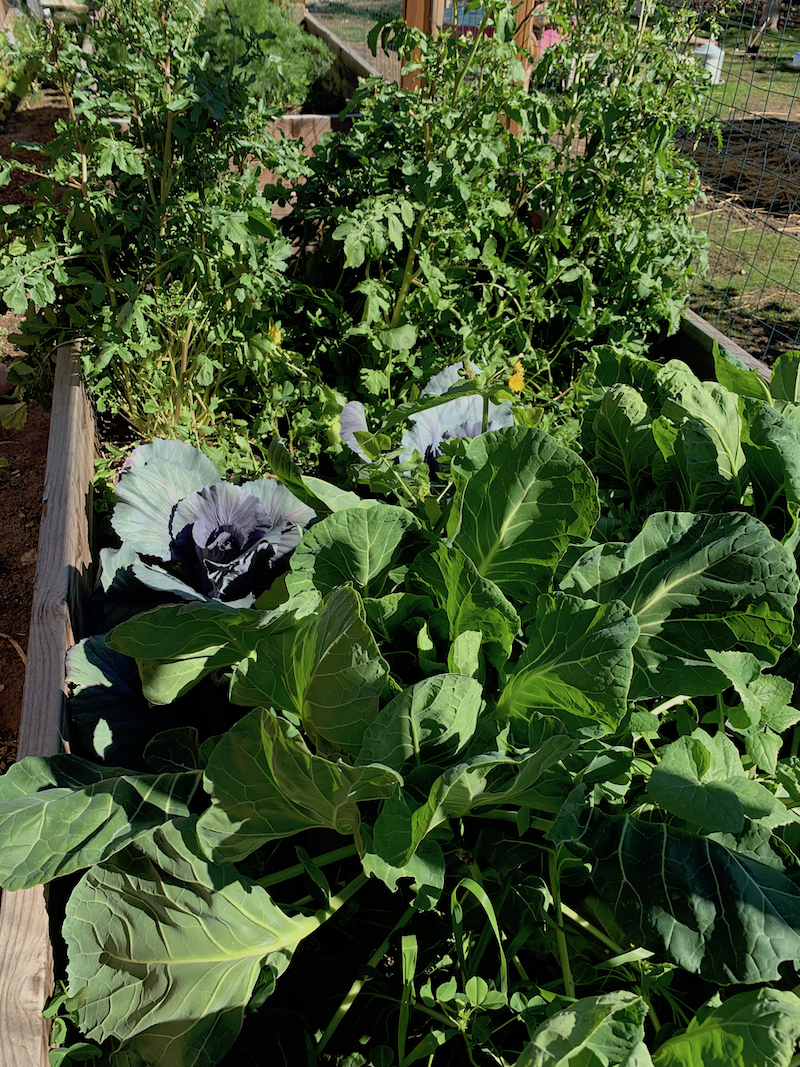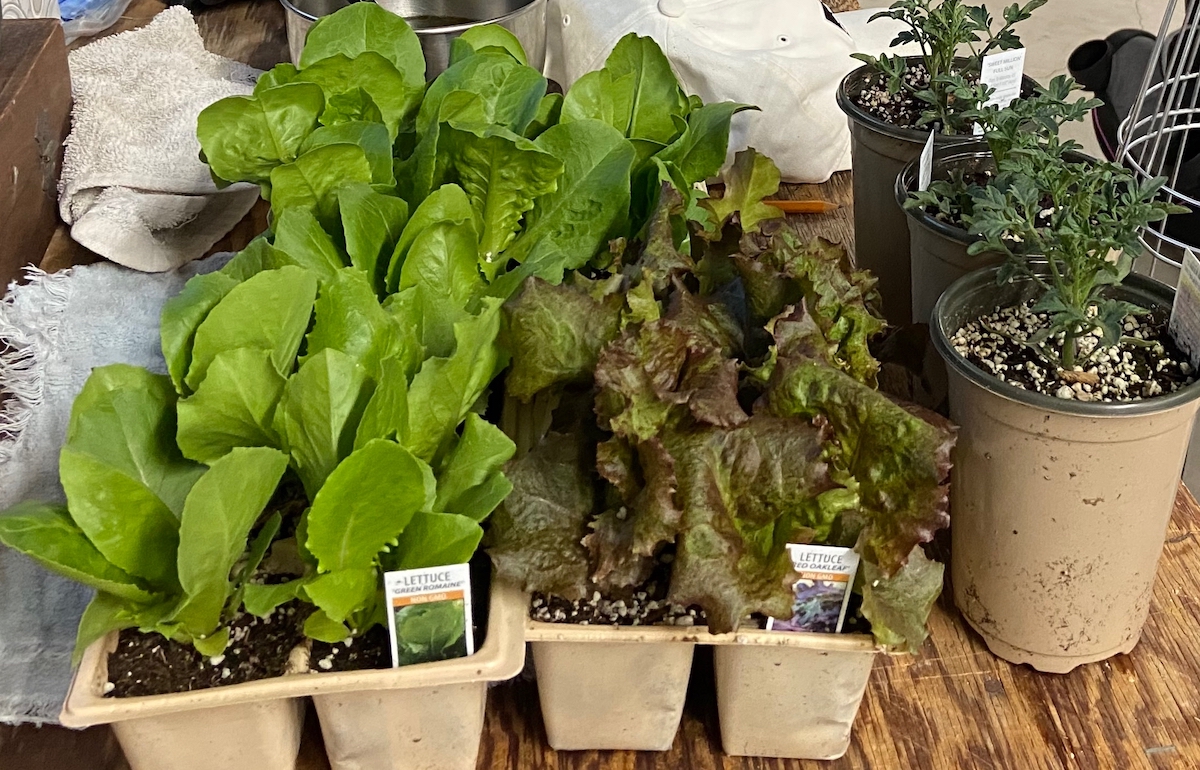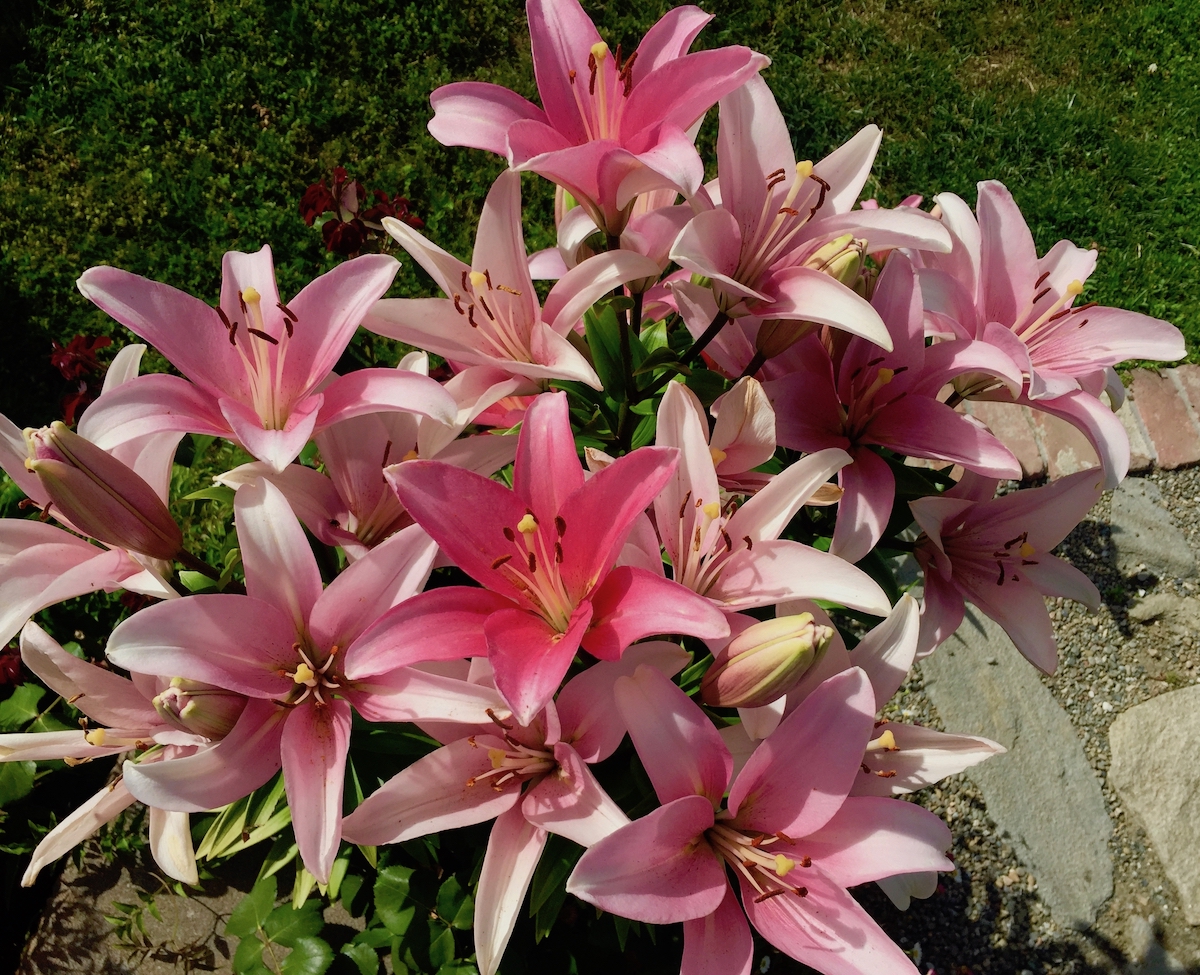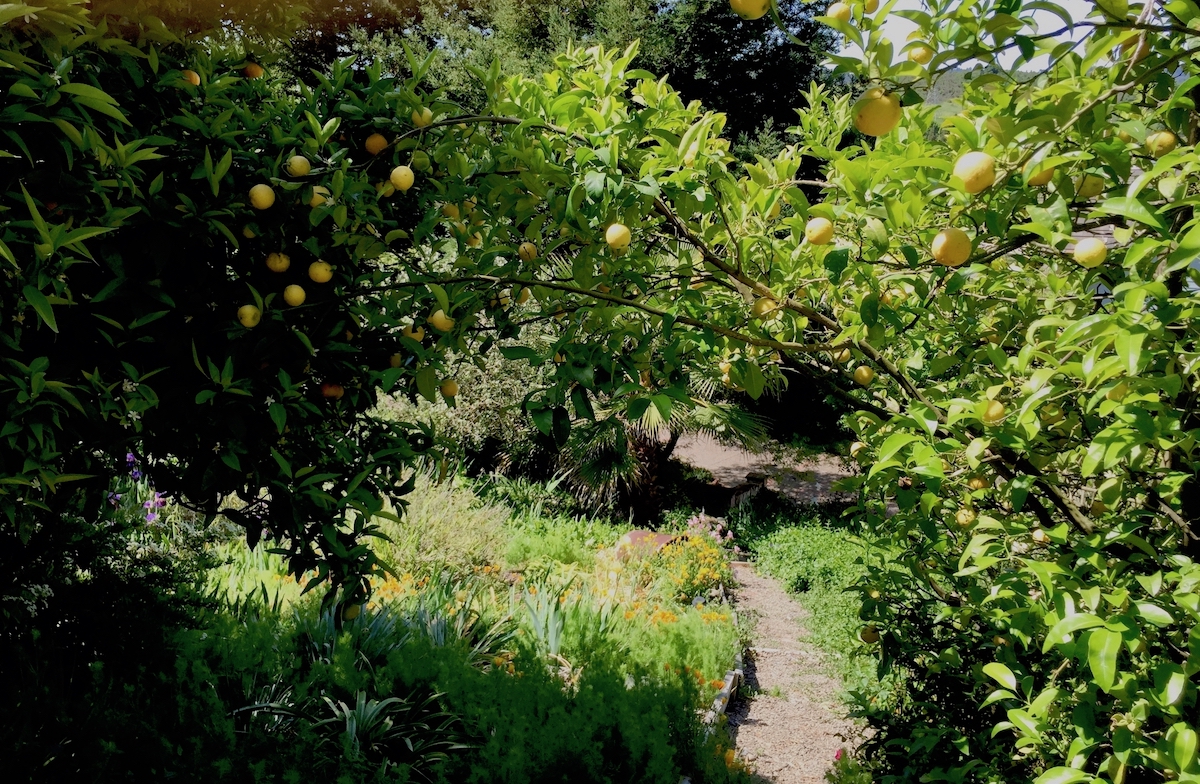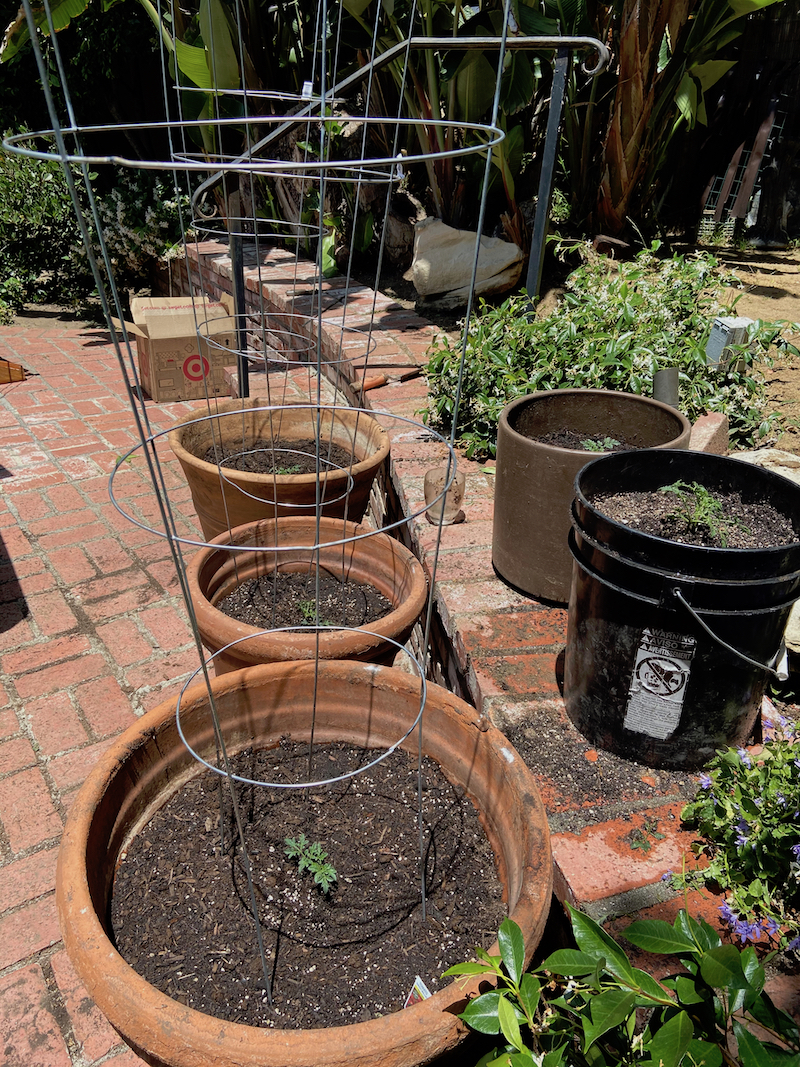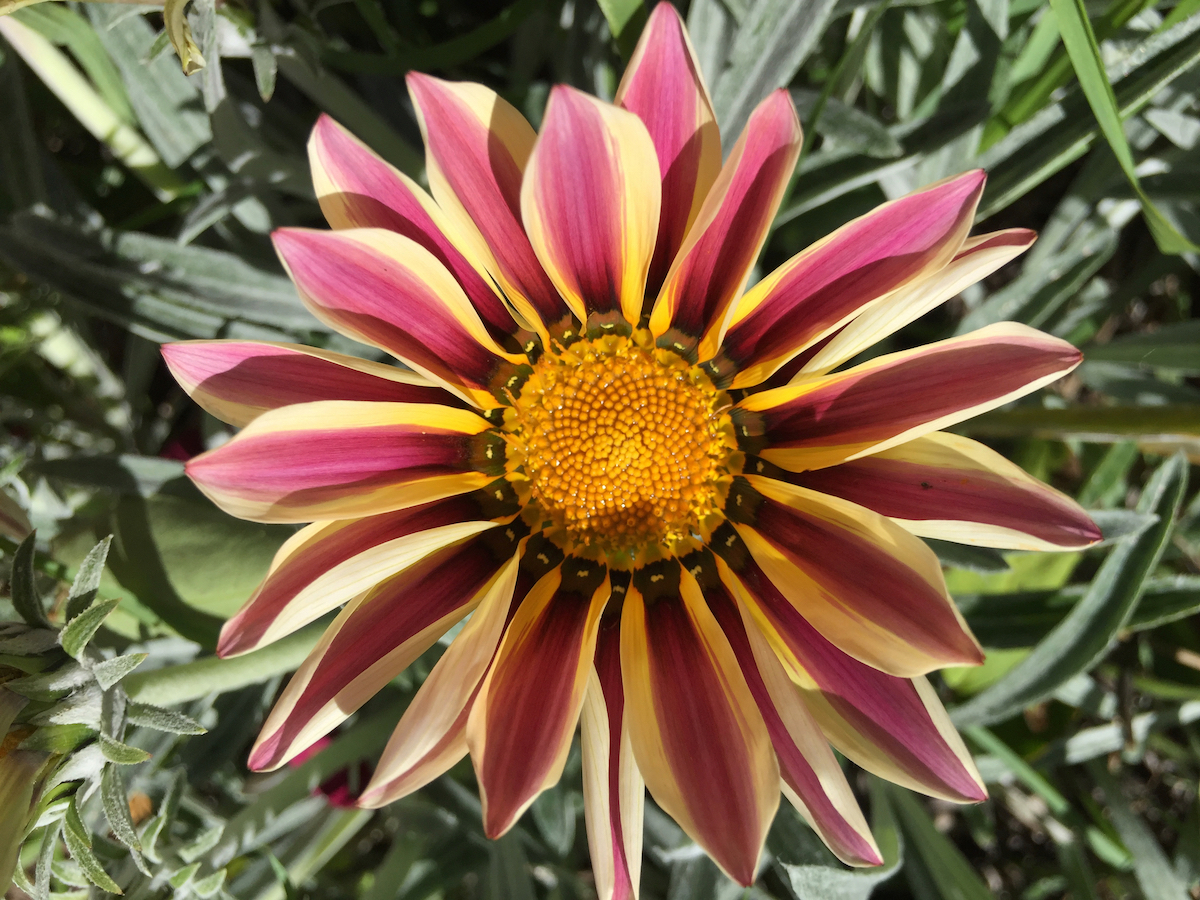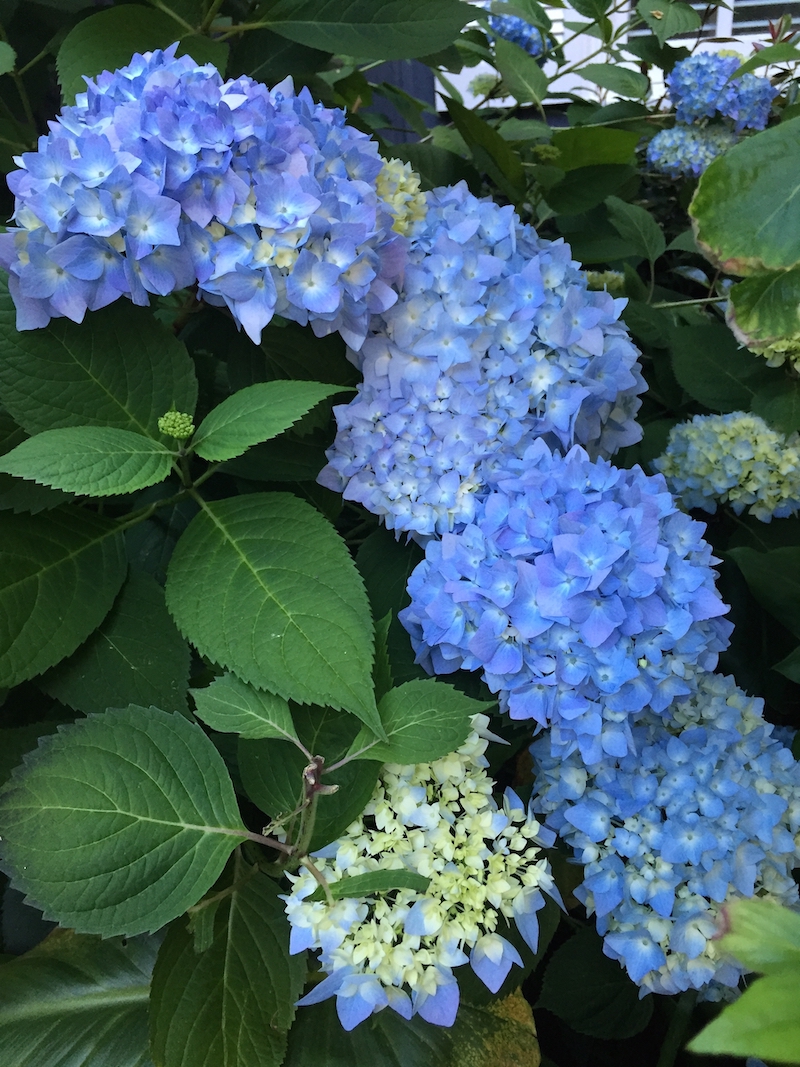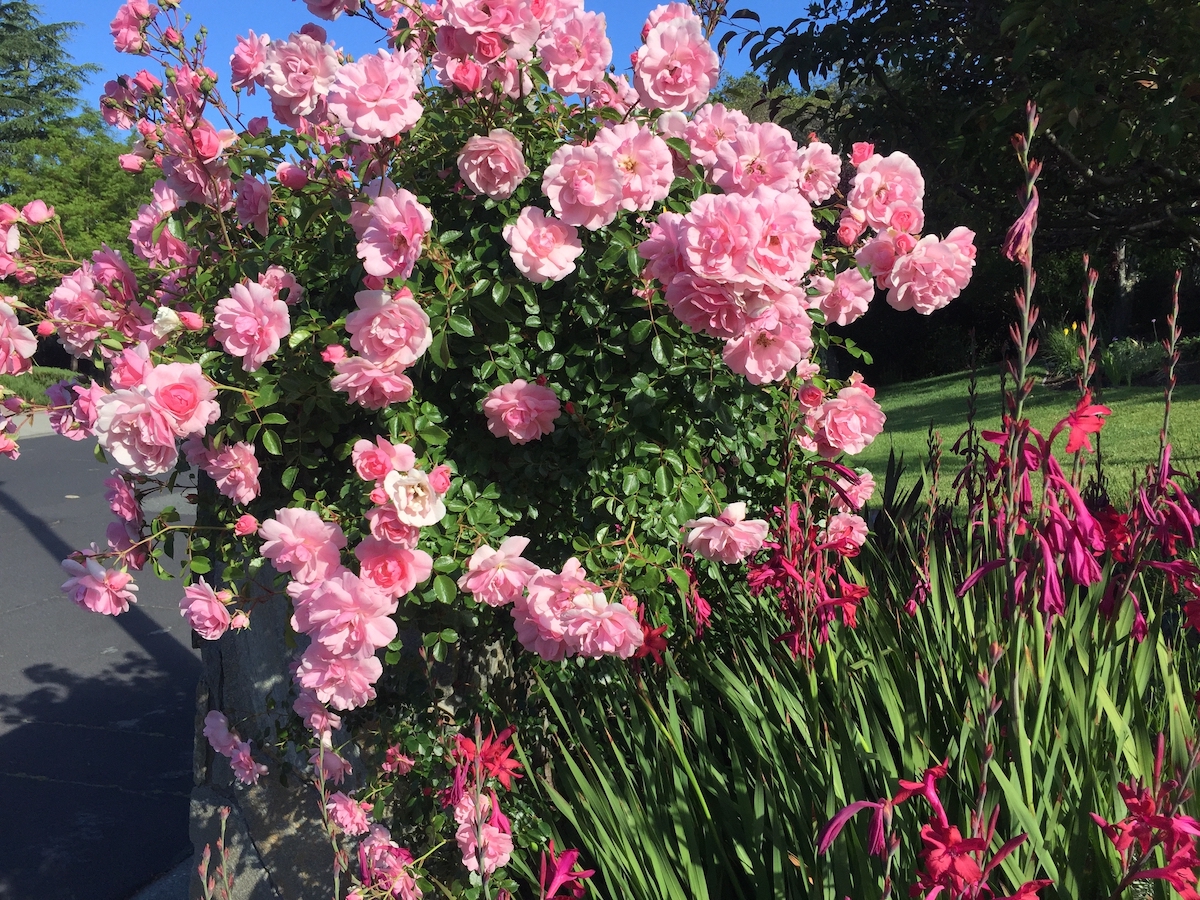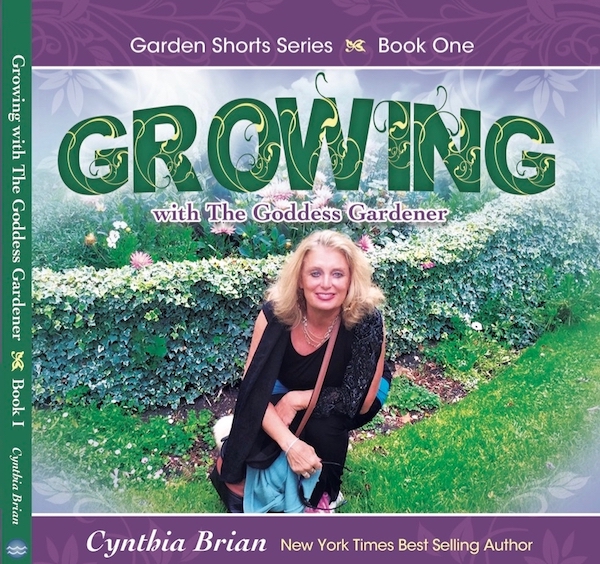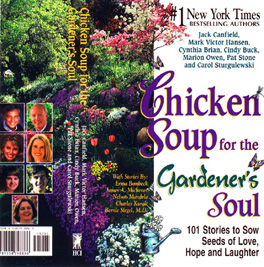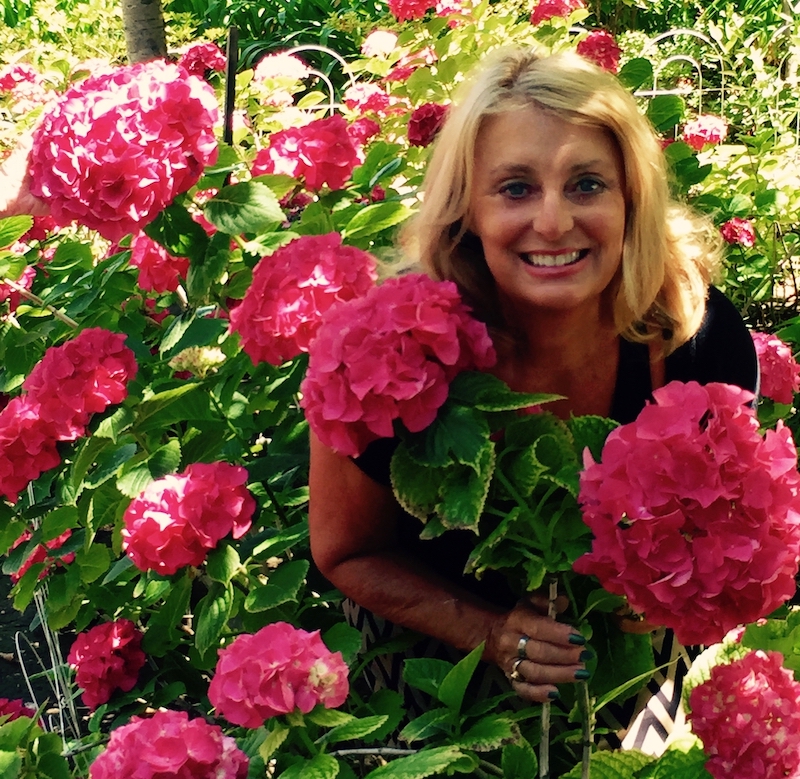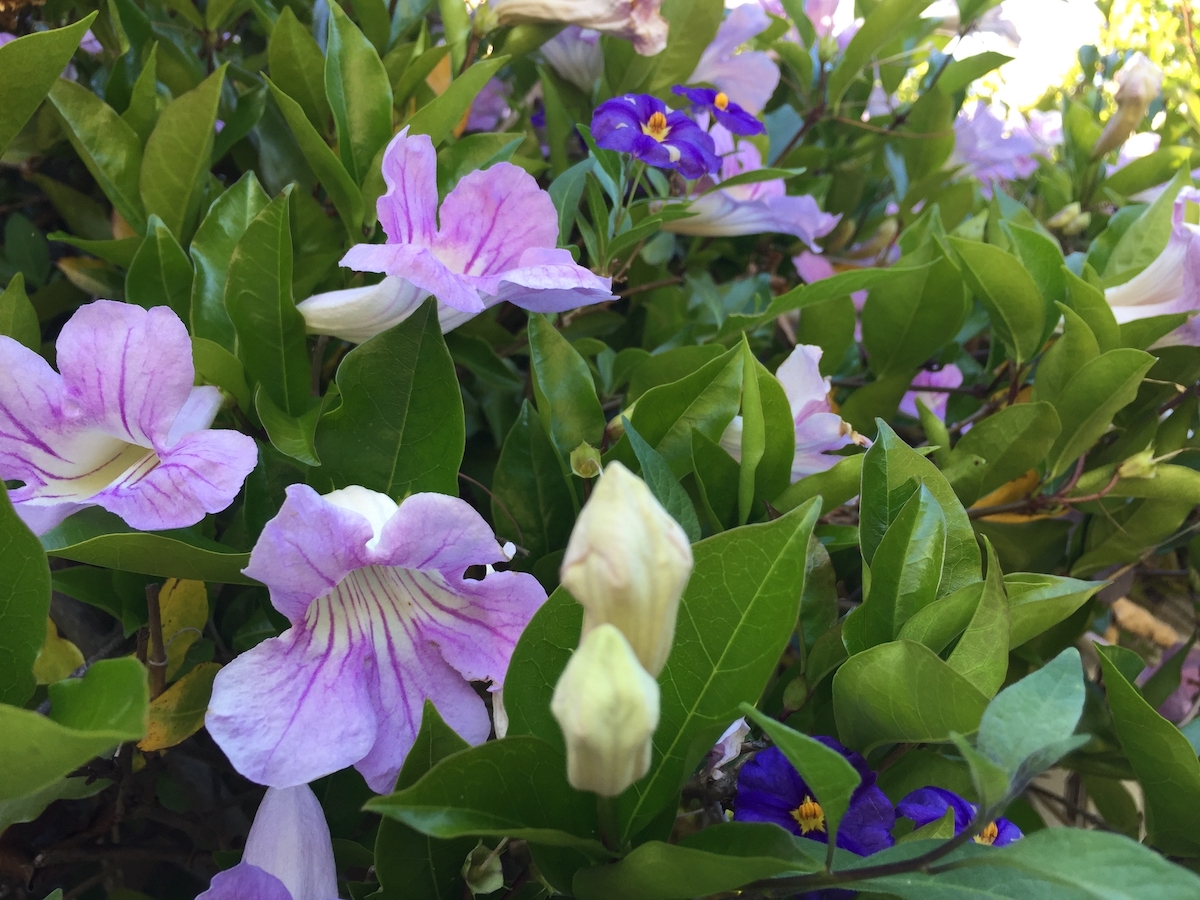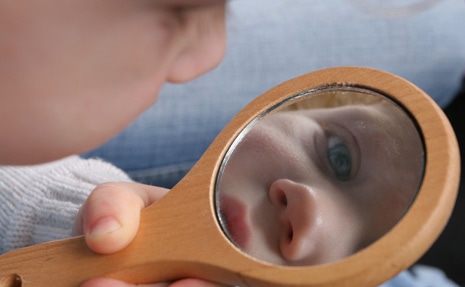Digging Deep with Goddess Gardener, Cynthia Brian
Victory Gardens 3.0
By Cynthia Brian
“In every adversity there lies the seed of an equivalent advantage. In
every defeat is a lesson showing you how to win the victory next time.” Robert Collier, Writer and Publisher
In March 2017, a month before the United States entered World War I, Americans across our lands were asked to plant produce to help feed the Allies fighting in Europe. It wasn’t only farmers who were solicited to start planting. President Woodrow Wilson declared that “food will win the war,” as he encouraged city folks to plant in vacant lots, fields, parks, and pots. So began the “war garden” to sow seeds of victory.
During World War II, food shortages prevailed once again. Victory Gardens sprouted throughout America, Europe, Canada, and Australia supplying over thirty-three percent of the necessary food for our country. Eleanor Roosevelt even dug up part of the White House lawn to plant a vegetable garden. Turnips, tomatoes, lettuce, peas, beets, beans, cabbages, carrots, squash, onions, potatoes, and many other vegetables were easy to grow and preserve by canning for the winter months. By 1943 there were approximately eighteen million Victory gardens throughout the United States, twelve million of them in cities, and six million in rural areas.
Today we face major adversities from different kinds of conflicts. The Covid-19 pandemic combined with racial civil unrest throughout our cities, our country, and our world have the potential to increase food scarcity and shortages. We have already witnessed throngs of people emptying grocery store shelves of staples and canned goods. It is easier than ever to grow our own food no matter what our space limitations. If you have a yard, you can choose a small area to plant the vegetables, fruits, and herbs that you love. If you only have a porch or balcony, use pots to grow tomatoes, lettuces, basil, parsley, and peppers. According to the U.S.D.A., 15% of the world’s food supply is now grown in cities.
Ready to get started?
FIRST
Only five things are needed to grow your Victory Garden 3.0:
- 1. A patch of land, raised bed, or pots that are two gallons or larger
- 2. Bags of high-quality garden soil
- 3. Healthy plants
- 4. Mulch
- 5. Water
SECOND
- 1. Find an area that will get at least six hours of sunlight per day.
- 2. If you are working a patch or raised bed, pull out any weeds and prepare the ground by adding new garden soil. If using pots, wash the pots, make certain there is a drainage hole at the bottom, add a few pebbles, or cracked pottery to help with drainage and fill the pots with your purchased soil. Vegetables need organic matter including compost or manure to thrive because the organic matter decomposes the essential nutrients of Nitrogen, Phosphorus, and Potassium to enrich the roots.
- 3. Buy healthy plants from your local nursery or garden center. Check for vibrant green leaves. Look for any insect or snail infestation. Plant according to instructions.
- 4. Top with peat moss or other mulch. Peat moss adds aeration, retains moisture, and reduce the leaching of the nutrients. It is a great mulch and can also increase the efficiency in a compost pile.
- 5. Water thoroughly and maintain moisture while growing.
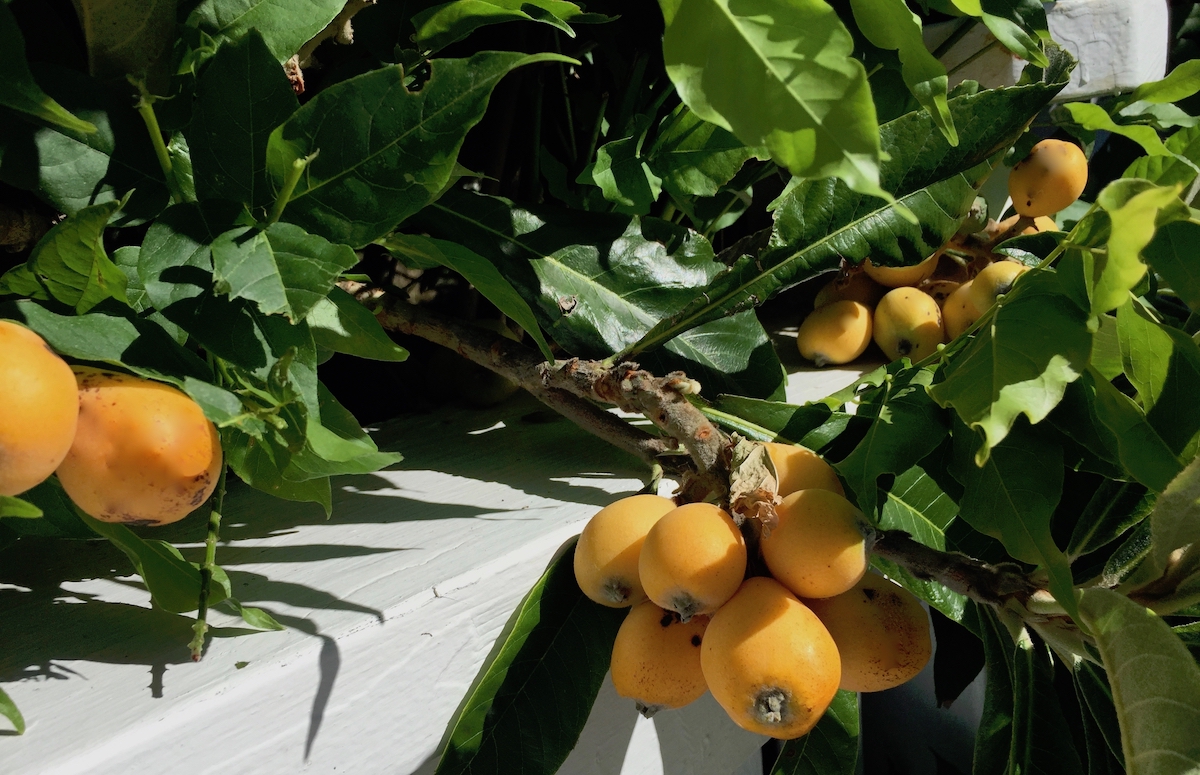
Before planting your Victory Garden 3.0, research the maturity date for the crops you wish to grow as harvest dates vary greatly. If you plant from seeds, you’ll have lettuce and radishes within two weeks. If you are planting zucchini or corn, the time frame is longer, perhaps 100 days. Don’t overlook a nutritious staple that is super easy to grow…potatoes. Spuds are ready for eating in 70-100 days. Try cutting egg-sized pieces of a potato with two or three eyes. Plant in a two to five-gallon pot, bucket, or in a raised bed. Mound the dirt into little hills as the spuds grow on stems. Pile mulch or straw on top as the tubers grow to keep the stems in total darkness. Don’t eat green potatoes as they can be poisonous. Citrus, apples, and peaches can be planted in large containers.
We are living through a frightening, complicated international crisis. If we have learned any lesson from history, it is that we can win the victory when we work together with empathy, caring, and intelligence. Growing even a portion of our own food will help us be healthier while creating a more sustainable lifestyle. We’ll get exercise, sunshine, fresh air, and have fun growing with our families. Plus, butterflies, bees, and birds will pollinate and entertain as our garden reduces stress and offers soul fulfillment. Don’t forget to plant some “pretties” like Asiatic lilies, gazanias, trumpet vine, and hydrangeas. Annual and perennial flowers add fragrance, structure, and beauty to our lives.
Stay safe. Stay healthy. Plant your Victory Garden 3.0 today!
Cynthia Brian’s Gardening Guide for June
PLANT tomatoes, peppers, lettuces, eggplants, arugula, cucumbers, beans, corn, and pumpkins. Herbs to plant now for summer harvesting are basil, parsley, and cilantro.
STAKE or provide a wire cage to support tomatoes so the fruit won’t touch the soil and rot.
APPLY snail bait to newly planted seedlings and wherever you witness slugs or snails.
FERTILIZE trees, shrubs, and ground covers before the summer heat.
SPRAY crape myrtles to prevent powdery mildew with a natural fungicide such as neem oil extract, jojoba oil, or potassium bicarbonate.
CHECK irrigation systems and readjust sprinkler heads as needed.
TACKLE aphids with ladybugs or for a small infestation, spray with a mixture of water and dish detergent.
CUT dead canes of hydrangeas to the ground (anything without a green bud on it). Don’t prune hydrangeas in spring or fall or the flowering buds will be cut off.
BUY a shorter variety or move a too tall hydrangea as they cannot be pruned to reduce height. Hydrangeas always replace their height. If a hydrangea is drooping on a hot day, it doesn’t need water. It will rebound as the evening cools. Hydrangeas grow great in containers.
ADD Sulphur or aluminum sulfate to acidic soil to get blue hydrangeas. Rusty nails or copper do not work.
TREAT both upper and lower leaves of roses with organic Sulphur for fungus problems including black spot, rust, and powdery mildew.
PRUNE azaleas immediately after spring flowering.
DEEP SOAK trees with a soaker wand when you see the leaves wilting.
PULL out the dried fronds of spring bulbs. If a bulb comes out with the leaves, cut off the dried foliage and either replant the bulb in a new place immediately or put in a dark, cool space to replant in the fall.
CELEBRATE your gardening dad on Father’s Day by buying a copy of Growing with the Goddess Gardener or Chicken Soup for the Gardener’s Soul at https://www.CynthiaBrian.com/online-store.
CARE for your lawn by raking leaves, twigs, and dead grass. Pull the weeds including dandelions, chickweed, bittercress, and henbit. Aerate and leave the plugs on the grass. Cover bare patches by over-seeding with Pearl’s Premium grass seed. Visit www.Pearlspremium.com. Water early in the morning and fertilize once more before the heat of summer. When mowing, never cut off more than 1/3 and leave grass clippings on the lawn at least every two times you mow.
HARVEST cherries, lemons, tangelos, loquats, and tangerines.
FEED your family and friends in body, mind, and spirit by planting a Victory Garden 3.0
Happy Gardening. Happy Growing. Happy Father’s Day.
Read more:
Cynthia Brian, The Goddess Gardener, is available for hire to help you prepare for your spring garden. Raised in the vineyards of Napa County, Cynthia is a New York Times best-selling author, actor, radio personality, speaker, media and writing coach, as well as the Founder and Executive Director of Be the Star You Are!® 501 c3. Tune into Cynthia’s StarStyle® Radio Broadcast at www.StarStyleRadio.com.
Buy copies of her best-selling books, including, Chicken Soup for the Gardener’s Soul, Growing with the Goddess Gardener, and Be the Star You Are! Millennials to Boomers at www.cynthiabrian.com/online-store.
Cynthia is available for virtual writing projects, garden consults, and inspirational lectures.
Cynthia@GoddessGardener.com


